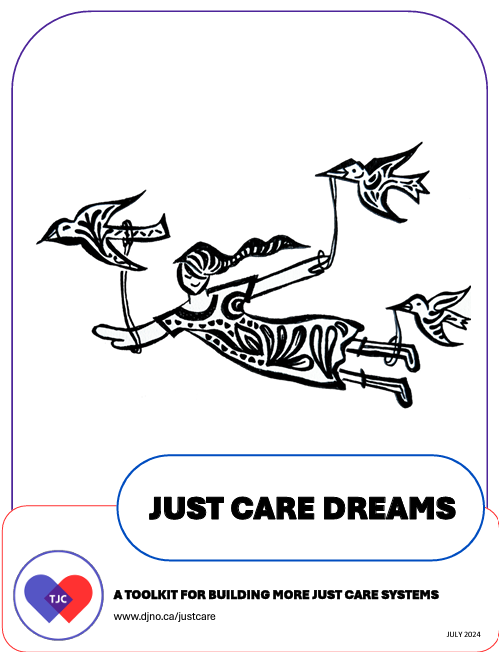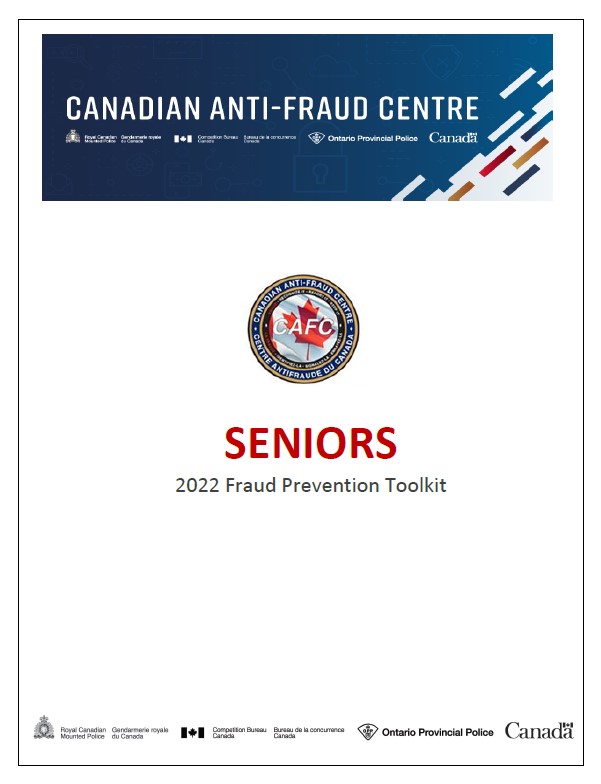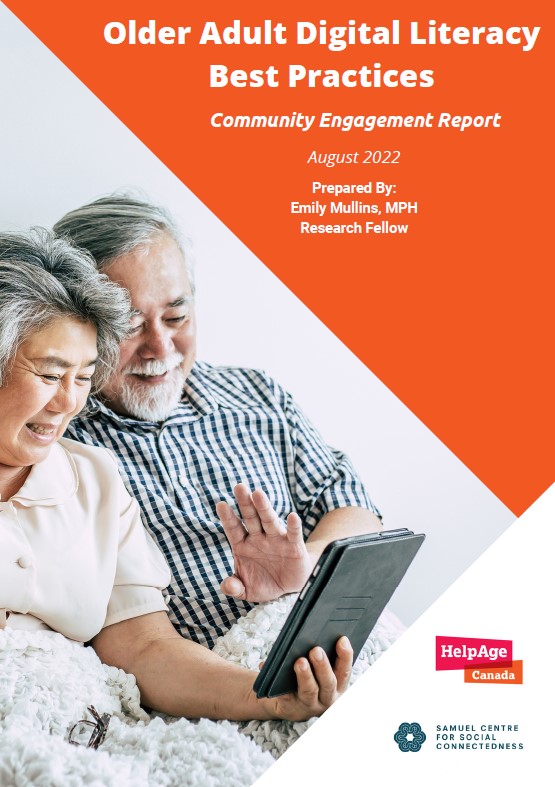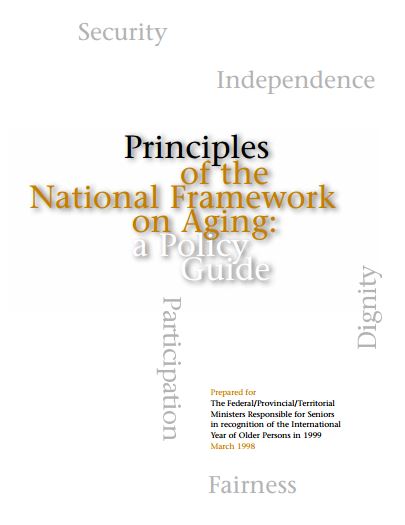"Dignity, Independence, Participation, Fairness, and Security are the five principles of the National Framework on Aging (NFA). This guide is designed for policy analysts at all levels of government to use when reviewing current and proposed policies and programs that affect seniors. It contains a list of policy questions that deal specifically with each of the five principles. It also gives examples of policy/program responses from seniors. The guide includes an overview of the NFA and details on the development process that created the policy questions."
For more information, please see: Health Canada
"United Nations Principles for Older Adults" adopted by General Assembly resolution 46/91 December 16, 1991."
For more information see: United Nations Human Rights
 Towards Just Care (TJC) is a community-engaged research project. We research existing home care systems and engage various communities to imagine more socially just alternatives to long-term residential care (LTRC). Towards Just Care has put together this toolkit for:
Towards Just Care (TJC) is a community-engaged research project. We research existing home care systems and engage various communities to imagine more socially just alternatives to long-term residential care (LTRC). Towards Just Care has put together this toolkit for:
- People fighting to access quality home care
- Home care workers fighting to make a living wage
- People passionate about improving disability and senior care in Canada
- Communities fighting for the rights and wellbeing of migrant workers in Canada
- Social movements fighting against health care privatization
- All those fighting, dreaming, and organizing for a more just future, where we all have the support and community connections we need to thrive
The toolkit is particularly useful for those who want to fight for a more just system of care and support. It provides tools for movements and individuals to:
- Identify who is making money from our current systems
- Find and use supports within the system (for both home care receivers and workers)
- Make informed choices about how to access and participate in home care systems
The toolkit can also help groups to work together to improve Ontario’s home care systems for both low-income care receivers and direct care workers by:
- Addressing current failures built into home care systems
- Challenging the lack of supports, funding, and status of care receivers and care workers by highlighting their perspectives on home care
- Identifying ways to resist cutbacks (scarcity) and create more abundance in our care systems
- Imagining home and community based care models and practices, that honour the needs of care workers and their communities, and care receivers and their communities
- Expanding public understanding, support, and movements for new futures, including vibrant and just home care systems
Source: Toward Just Care
 The Canadian Anti-Fraud Centre (CAFC) has compiled a toolkit specifically designed for senior Canadians (60+) to raise public awareness and prevent victimization. We encourage all of our partners to use the resources in this toolkit on their website, in print and on their social media platforms. It contains information about the most common scams and strategies to keep safe.
The Canadian Anti-Fraud Centre (CAFC) has compiled a toolkit specifically designed for senior Canadians (60+) to raise public awareness and prevent victimization. We encourage all of our partners to use the resources in this toolkit on their website, in print and on their social media platforms. It contains information about the most common scams and strategies to keep safe.
Source: Canadian Anti Fraud Centre
 This project, in partnership with HelpAge Canada, explored best practices for building digital literacy among older adults. HelpAge Canada is a national charity focused exclusively on supporting older persons in Canada and around the world. As part of their work, HelpAge Canada developed Dig-IT, a national digital literacy program for low-income older adults. The program partners with community organizations providing devices, data, training,
This project, in partnership with HelpAge Canada, explored best practices for building digital literacy among older adults. HelpAge Canada is a national charity focused exclusively on supporting older persons in Canada and around the world. As part of their work, HelpAge Canada developed Dig-IT, a national digital literacy program for low-income older adults. The program partners with community organizations providing devices, data, training,
and IT support. The goal of this community engagement initiative was to understand the barriers and enablers to building digital literacy among older adults from multiple perspectives. Qualitative interviews were conducted with experts in the field, organizations providing digital literacy training and education to older adults, and volunteers and participants in the Dig-IT program.
Source: Help Age Canada
Page 16 of 31



 December 1991
December 1991














